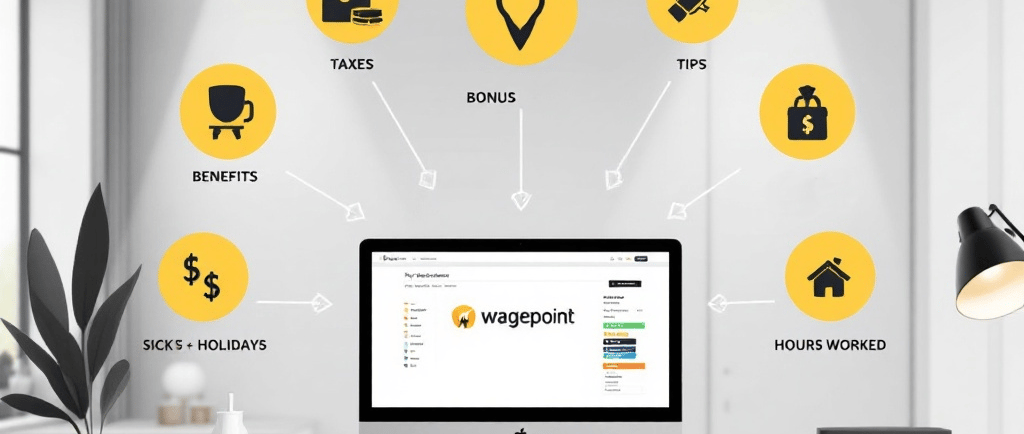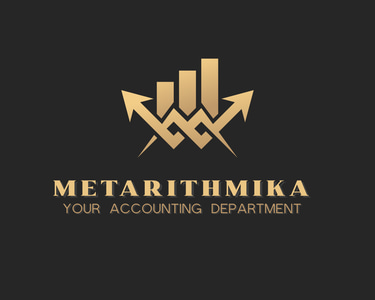Mastering Payroll Processing: A Comprehensive Guide for Small Businesses
In the fast-paced world of business, efficiency is key, especially when it comes to managing payroll. Whether you’re a small business owner or a self-employed professional, mastering payroll processes can save you time, reduce errors, ensure compliance with regulations, and build trust between your employees.
Anacelia Perez
12/3/20243 min read


Effective payroll processing is crucial for small businesses and self-employed professionals. It's more than just paying your employees; it's about ensuring compliance, accuracy, and efficiency. With the complexities involved, having a solid understanding of payroll processing can save time, reduce errors, and enhance employee satisfaction.
Understanding Payroll Processing
Payroll processing involves several intricate steps that ensure employees are paid accurately and on time. It includes calculating wages, withholding taxes, and ensuring compliance with local and federal laws. Reliable payroll software can simplify these tasks, reduce errors, and save time.
1. Employee Information Collection: Begin by gathering all necessary employee information, including social insurance numbers, tax withholding forms (TD1 provincial and federal forms), and bank details for direct deposits. Accurate data collection is the foundation of efficient payroll processing.
2. Time and Attendance Tracking: Implement a reliable system to track employee hours and attendance. Whether using manual timecards or automated software like QuickBooks Time, precise tracking ensures employees are paid correctly and helps monitor overtime.
3. Calculate Gross Pay: Determine each employee's gross pay based on their hourly rate or salary, including any bonuses, commissions, or overtime. This calculation forms the basis for all subsequent payroll steps.
4. Deduct Taxes and Contributions: Accurately calculate and withhold federal and provincial taxes, CPP and EI contributions. Stay updated on tax laws to ensure compliance and prevent penalties.
5. Process Benefits and Deductions: Account for employee benefits, such as health insurance or retirement contributions, and deduct them from gross pay. Clear communication with employees about deductions helps avoid misunderstandings.
6. Generate and Distribute Paychecks: Once calculations are complete, generate paychecks or direct deposits. Timely distribution of pay is crucial for maintaining employee trust and satisfaction.
7. Maintain Payroll Records: Keep detailed records of all payroll transactions, including pay stubs and tax filings. Accurate record-keeping is essential for audits and financial planning.
8. Compliance and Reporting: Ensure compliance with employment laws and regulations. Regularly review and update your payroll processes to stay compliant and prepare necessary reports for tax filings and audits.
Key Insights and Practical Advice
Accurate Employee Data Management: It is vital to ensure that employee information, such as work hours, tax details, and benefits, is correct and up-to-date. Regular audits and updates can prevent discrepancies and ensure smooth payroll cycles.
Compliance with Regulations: Staying compliant with provincial and federal regulations is non-negotiable. This includes adhering to tax laws, labour laws, and reporting requirements. Small businesses should stay informed about changes in regulations to avoid penalties.
Efficient Use of Payroll Software: Leveraging technology like payroll software can automate many aspects of payroll processing, from calculating wages to filing taxes. This reduces the risk of errors and frees up time for business owners to focus on growth.
Employee Self-Service Portals: Offering employees access to self-service portals can enhance transparency and satisfaction. Employees can view and update their pay stubs, tax documents, and personal information, reducing administrative burdens on HR staff.
Regular Payroll Audits: Conducting regular audits can help identify and rectify errors promptly. This proactive approach ensures that payroll processes run smoothly and helps maintain employee trust.
Mastering payroll processing is essential for running a smooth and compliant business operation. By automating tasks, staying abreast of legal changes, and securing data, you enhance efficiency and build trust with your team.
Explore how Metarithmika's flexible pricing plans and expert services can transform your payroll processing today. Contact us to learn more about our customized solutions tailored to your business needs.
FAQs about Payroll
What is the best software for payroll processing?
At Metarithmika, we used QuickBooks Times and Wagepoints for payroll purposes. However, other software in the market tracks time and processes payroll.
How can I ensure compliance with payroll regulations?
Stay informed about tax laws and consider professional services for guidance and support.
Why is data security important in payroll processing?
Protecting employee information is crucial to prevent identity theft and maintain trust.
How can multilingual support benefit my business?
It enhances communication and ensures all employees understand their payroll details, fostering a more inclusive workplace.




Your Finances, Simplified.
Your Success, Amplified.
Email: info@metarithmika.ca
Phone: (613) 890-5415
© 2024. All rights reserved.
